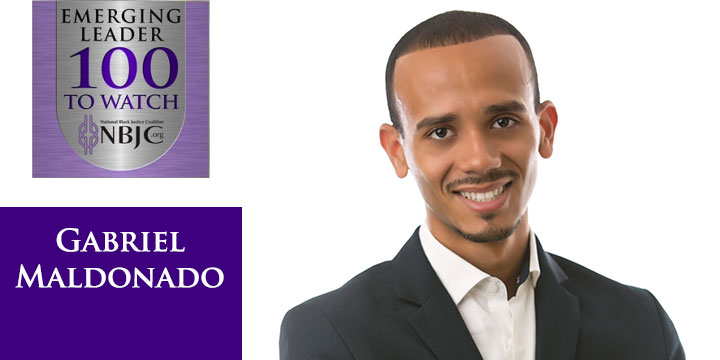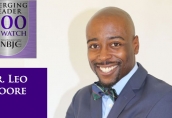Gabriel Maldonado
CEO/Executive, TruEvolution, Inc.
Commissioner, Riverside Human Relations Commission
One of the most pressing political and social justice issues facing Black LGBTQ youth is the lack of economic stability and empowerment. We cannot even begin to address systemic and chronic issues of injustice without addressing the injustices in our own homes. Youth without the means to combat poverty, access to educational opportunities, or access to bridge the gaps in a flawed healthcare system, do not even have the fundamentals to build themselves or community. This can be addressed by increasing career readiness and life skills training programs; lobbying for investments into vocational programs and pathways to higher education; creating strategic partnerships with corporations and create pipeline for injecting ready high school and college graduates into economic opportunities and career advancement.
HIV/AIDS impacts Black LGBTQ youth disproportionately than any other population and is fueled by a wider set of social injustices and inequities within this community. Black gay men and Trans*-women face sexual and racial terrorism not only by the outside community but also from within their own homes, peer groups, and spiritual spaces. Black LGBTQ youth experience far greater plights of homelessness, unemployment, and a lack of educational resources than their white and heterosexual counterparts in the country. Homophobia/Transphobia alone is what leads to the displacement of so many youth from their homes. Surviving without any means of income, and equipped with little skills, trades, or education, many of our youth turn to petty theft, survival sex, and substance use as tools of survival. It is imperative that we work to dismantle the systemic causes of health inequities, such as HIV/AIDS, impacting our most vulnerable — LGBTQ youth of color. It is also crucial that in the interim, we create programs, services, and advocacy platforms that enable transient, homeless and displaced youth to create economic sustainability for themselves in the hopes that it will reduce behavioral risks and consequential social determinants of health.
















